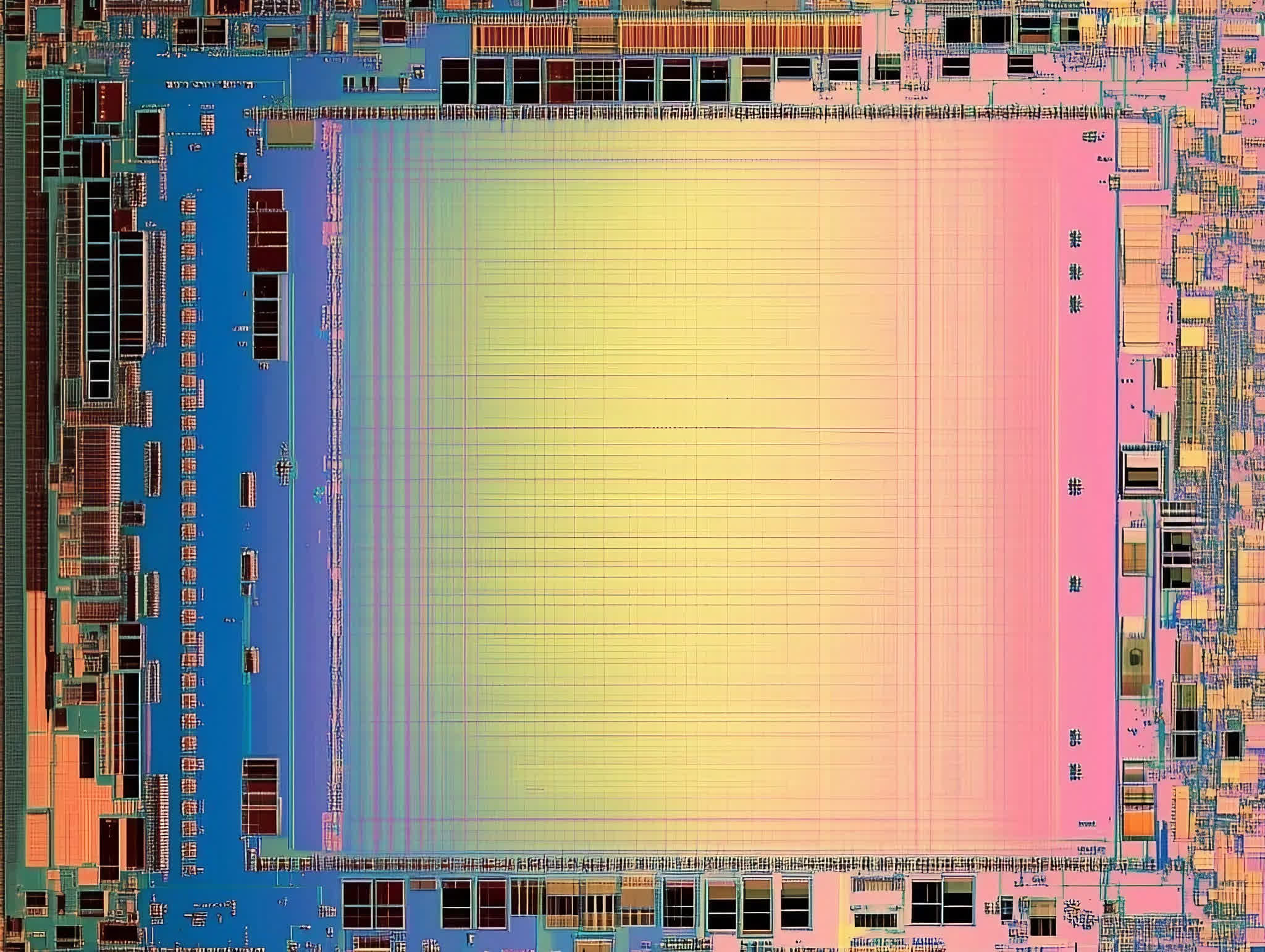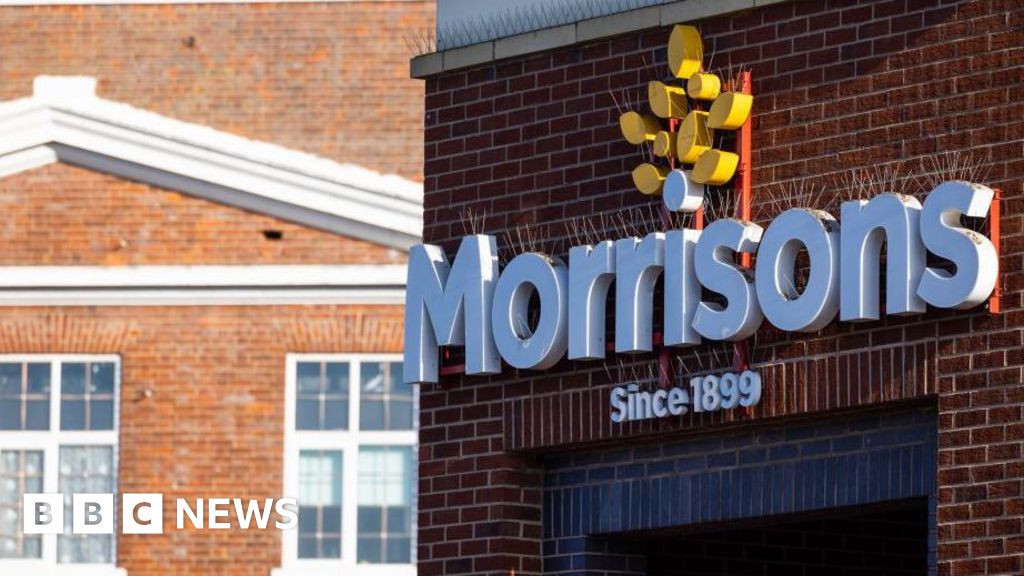In this current climate, Roku needed a win. Despite the company reporting total net revenue growth of 18% year over year to $764 million– a nice increase from $737.7 million last quarter — the company missed Wall Street’s expectations. Analysts expected revenue of $805 million, which would have reflected 25% year-over-year growth.
What is to blame for missing the mark? Roku said in its letter to shareholders, “There was a significant slowdown in TV advertising spend due to the macro-economic environment, which pressured our platform revenue growth. Consumers began to moderate discretionary spend, and advertisers significantly curtailed spend in the ad scatter market (TV ads bought during the quarter). We expect these challenges to continue in the near term as economic concerns pressure markets worldwide.”
During a conference call with reporters, CFO Steve Loudon said, “The severity of the pullback in the ad scatter market was not expected…This is a broad-based significant pullback.”
The company anticipates revenue in the third quarter to rise 3% from 2021 to $700 million, well below analysts’ expectations of $898.3 million.
Roku shares plummeted 25% to $63.80 in after-hours trading on Thursday. The stock is down nearly 63% so far in 2022.
During Q1 2022, the company added only 1.1 million incremental active accounts. This time around, Roku touted user growth this quarter, with 1.8 million accounts added, bringing the total to 61.3 million.
“While our revenue and gross profit growth have slowed, we continue to win advertising share and grow active accounts,” the company added. “We remain confident in our industry leadership in TV streaming, the size of the opportunity in front of us, and our unique assets, including the Roku TV OS, The Roku Channel, and our ad platform.”
Streaming hours saw a slight decrease of 0.2 billion from last quarter, with 20.7 billion hours in Q2 2022, a year-over-year increase of 19%.
Roku believes that there is room to grow engagement and reminds investors that the Roku operating system continues to be the number one selling smart TV system in the U.S. and remains a “leader” in free, ad-supported TV streaming with the Roku Channel.
And although the ad environment continues to be challenging, Roku boasted that it surpassed a milestone of $1 billion in total commitments during this year’s Upfront and closed deals for the 2022–2023 TV season with all seven major agency holding companies. Twenty-five percent of these advertiser commitments were new, the company said.
When it comes to the free streaming hub the Roku Channel, the company reported a growth in platform revenue of 26% year over year to $673 million, which was lower than expected, the company admitted.
On June 28, Roku partnered with NBCUniversal Local to bring several NBC local news channels to the Roku Channel. The partnership marks the first time that local news programming will be available for users on an ad-supported service.
On June 16, Roku entered into an agreement with Walmart, a first-of-a-kind partnership, to make TV streaming the next e-commerce shopping destination.
In May, Discovery+ became the Roku Channel’s first premium subscription offering. That same month, Roku launched Apple’s premium music subscription service, Apple Music, on the Roku Platform worldwide.
The company also announced a multiyear extension with Amazon for their distribution agreement.
During NewFronts, the company announced two new co-production deals with Marquee Brands and Milk Street Studios, giving the Roku Channel over 3,000 episodes of library content as well as seven new original series starring food and lifestyle personalities Martha Stewart, Emeril Lagasse and Chris Kimball.




















Discussion about this post